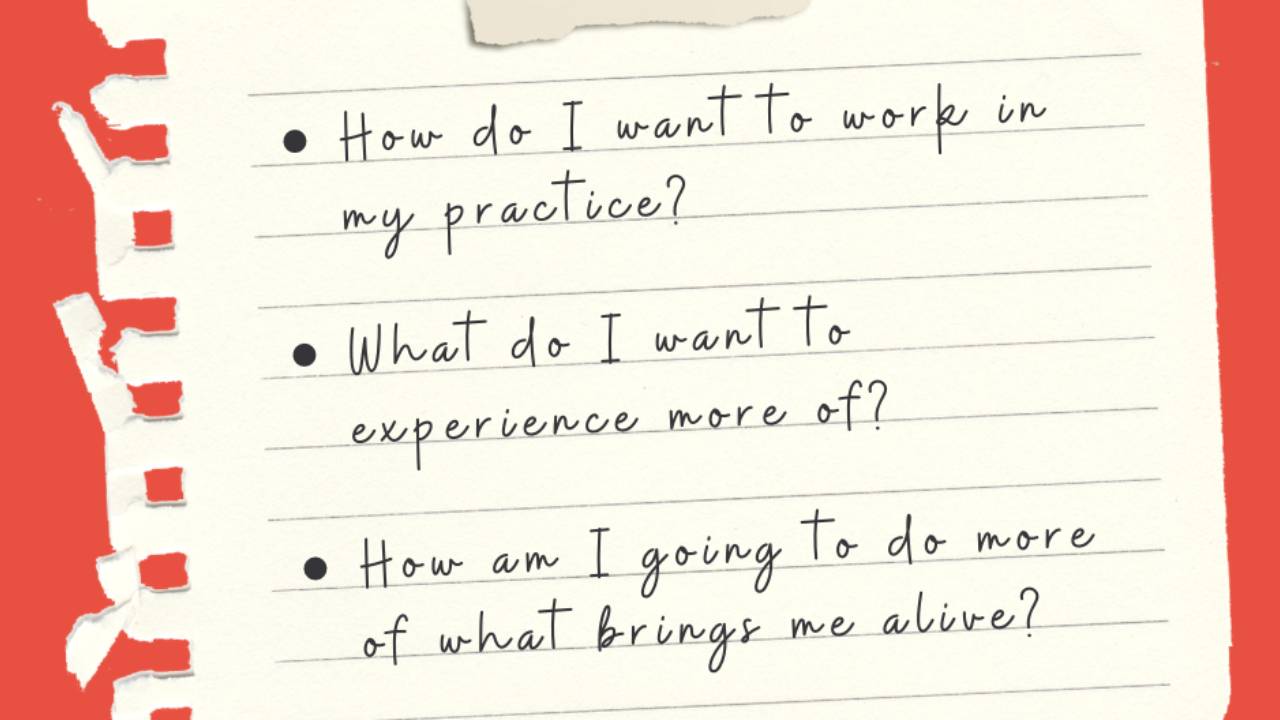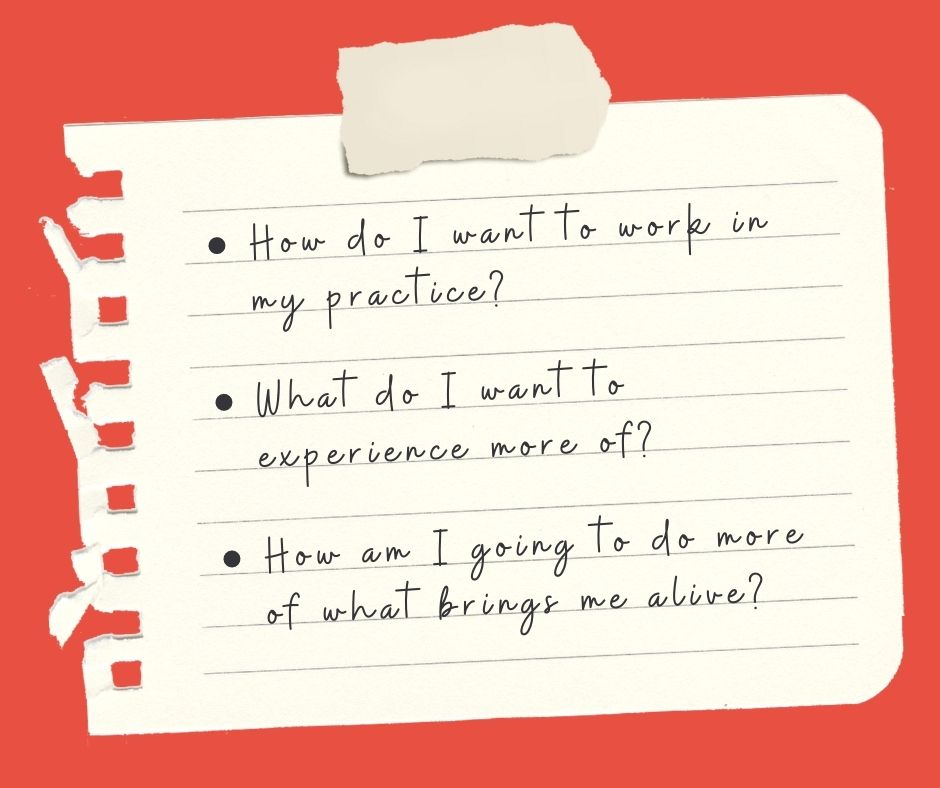
Optimise Your Performance: Set Goals & Make Them Happen
Feb 08, 2023As January is now behind us, new year resolutions are maybe fading out of our minds and sticking to our goals can get forgotten. Maybe we’re starting to feel more pressure to stick to goals. Or the thought of even setting goals can be overwhelming so we just avoid them.
Whether we take the time to sit down and write down our goals, or we have a vague idea of our goals and aspirations, goal setting is a very common practice that we use in our work, life and general being.
In reality goal setting can be trickier than it seems.
Through my training to become a Sports & Exercise Psychologist and from my experience of being a high-level athlete, goal setting for performance has been a common exercise I have used. I have learnt about goal setting through personal experience and my studies, and I can tell you that it isn’t as straight forward as writing a big goal on a post it and put it on our wall as a reminder.
Researchers recently carried out a systematic review of the research done on the effects of goals on performance in sports Williamson et al. (2022). This study really brought to light the lessons I have learnt through my experience in sports and made me think of how we could adopt these findings within psychology practices.
Here's how we can apply Williamson et al's findings to our practices:
1. Goals don’t just influence performance.
As an athlete, I would sit down with my coach and lay out some goals for the year and I thought of these goals as a “to do” list that I am aiming the tick off by a certain date and that would be a great way to track if I was progressing.
However, what this literature review highlighted was that goals can also affect psychological or psychophysiological outcomes.
The goals that you set can impact your emotions such as anxiety levels, your perception of your ability, and your perceptions of success.
This really hit home for me.
It made me realise the power that goal setting can have.
Writing down or outlining a goal can impact how successful I see myself, or how anxious I feel when performing in my sport.
We need to be more mindful about how we structure our goals so that our goals work FOR us, not AGAINST us.
Remember, this study shows that goal setting and the goals you have an impact on how you feel about your private practice. For example, when we aim to have similar success to a certain other psychologist we see on social media, having the goal to grow like this other practice did and have similar success can be detrimental. Does having this goal mean that until you reach this appearance of success, where you are is sub-par? That isn’t a great emotion to feel in your own practice. What about the fact that you don’t know what it’s like to be in the other practice you are aspiring to be like? This other practice may be facing challenges that mean they aren’t as successful as they seem from the outside. Not everything in social media is true.
Remember to be mindful that the types of goals you set can have an impact on your emotions and motivations.
How do we construct our practice goals in an effective way?
This brings me to my second big take away:
2. Process goals are more effective than outcome goals.
When I was goal setting as an athlete these were the kind of goals, I would set myself:
- My goal is to win x race.
- My goal is to get x score.
- My goal is to be on the GB team.
- My goal is to get to the Olympics.
At first glance these goals seem confident and ambitious. However, they all have a couple of things in common. They lack controllability and flexibility.
These types of outcome goals have been found by research in sports to be less effective and even negative at times. They’re the kind of goals that can reduce motivation and increase anxiety.
On reflection, this was true for me. Having these outcome goals meant that every training session felt like I was falling short of these goals and promoted me comparing myself to others.
Process goals have been found to be more effective.
How can we integrate process goals in private practice?
It can be tricky at first but avoid setting outcome goals. Especially outcome goals which promote comparing yourself to other practices and that are uncontrollable and inflexible. Examples of outcome goals might include the number of followers you have on social media. To help you set process goals, here are a few questions I have come up with which can help you frame your goals around more experiential processes:
- How do I want to work in my practice?
- What do I want to experience more of in my practice?
- How am I going to do more of what brings me alive in my practice?

However you decide to set goals in your private practice or in life more generally, remember to be a lot more mindful about how these goals can improve and support your mental and physical state.
We understand how difficult it can be to integrate more process driven goals into your day-to-day practice. Having a routine within your week to promote intentions and reflections week by week can be very powerful. Especially when you find yourself 6 months or a year down the line, you can look back on your process and see how far you have come!
Imagine building a private practice that not only sustains you financially but also fuels your creativity and passion in private practice. With TPPA, you can achieve just that! Our next cohort launches in September 2024, ready to take the leap? Visit our sales page or email Wendy directly at [email protected] to get more details and start your journey toward a flourishing practice!
-----------------------------------------
This post's author, Our Managing Director Éva Barrellon-Kendall, is currently training to be a Sports & Exercise Psychologist alongside working in Inspiring Psychology Practices. You can connect with her on LinkedIn.
Reference: (2022) "The performance and psychological effects of goal setting in sport: A systematic review and meta-analysis," International Review of Sport and Exercise Psychology, DOI: 10.1080/1750984X.2022.2116723
Ready to build something bigger than just a 1:1 caseload?
You’ve done the groundwork. Your private practice is up and running, but you know you’re capable of more. More impact. More creativity. More freedom.
The Psychology Practice Accelerator (TPPA) is a 6-month programme designed for psychologists who are ready to evolve beyond the traditional model. You’ll learn how to diversify your income, shape offers around your strengths, and grow a business that reflects your purpose and potential.
Our next cohort begins September 2025. If you're curious about what's possible when you stop playing small, join the waitlist to be the first to hear when enrolment opens.
👉 Join the TPPA September 2025 Waitlist

